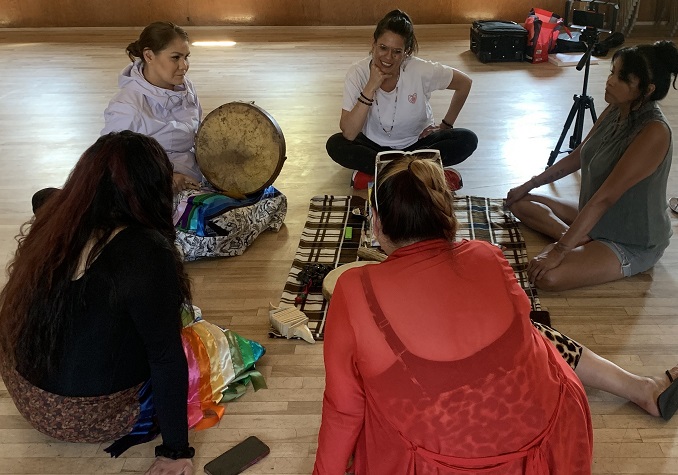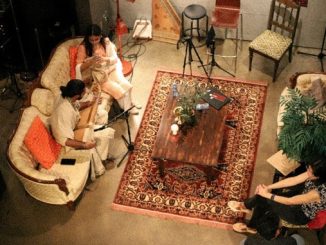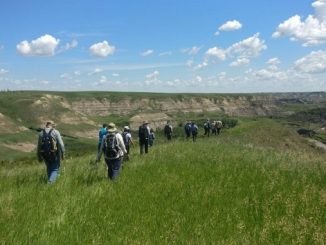The Elizabeth Fry Society, affectionately known as EFry, stands by its mission to aid criminalized Indigenous women, men, and youth. As a charitable organization, EFry is dedicated to supporting individuals on their journey to healing and empowerment. Operating through a restorative justice lens, EFry is committed to unlocking the true potential of those they serve. By facilitating a reconnection to cultural roots, addressing accountability for actions, and embracing healing-centred practices, the organization guides individuals towards a path of restoration and balance. We spoke with Katelyn Lucas, the Executive Director, to learn more.

Describe your charity/non-profit/volunteer work in a few sentences.
Elizabeth Fry Society is a charitable organization supporting criminalized Indigenous women, men and youth on their pathway to healing. Through a restorative justice lens, we are empowering individuals to their true potential through regaining their connection to their culture, addressing the accountability for their actions and restoring the balance and harmony of their families and communities through healing-centred practices.
What problem does it aim to solve?
Reducing the over-representation of Indigenous peoples in the prisons and within the criminal justice system. Empowering personal change to build healthy and productive lives.
When did you start/join it?
EFry began in 1965 and has been best known for our work with women in the prison system. We have adapted our work to for earlier intervention, working upstream, our goal to is to prevent incarceration instead of addressing change after individuals end up in prison. Personally, I came to the agency in 2013.
What made you want to get involved?
As an Indigenous person, I wanted to make an impact on assisting my relatives towards healing and wellness. After 28 years of working in the non-profit sector, I have worked in all areas from addictions, mental health, homelessness, and the child welfare and justice systems.
What was the situation like when you started?
W5omen incarcerated in federal institutions were rapidly growing, by 2018 Indigenous women in particular represented 50% of the women’s prison population. In the same year, the province cited Indigenous women at 58% of the prison population. Indigenous youth also over 50%, and the prison population of Indigenous men also rapidly climbing. We needed to respond to this by changing how we do our services. As a result, we are working with Elders, Knowledge Keepers and Indigenous community to support intervention to try to keep individuals out of incarceration.
How has it changed since?
Our work is more healing-centered. We are working on the core issues related to criminalization and using culture to reconnect cultural identity and community. We opened an Indigenous women’s transitional housing program focused on healing and recovery for women waiting or leaving treatment and those leaving incarceration. We have an employment readiness program for Indigenous women centred on culture, life skills and emotional wellness. Our main work in restorative justice is within the Calgary Indigenous Court supporting the healing plans of those who have criminal matters.
What more needs to be done?
More healing-centered approaches which leads to addressing the underlying issues. We need to work on the core of intergenerational trauma rather than band-aiding the issues of addiction, mental health and homelessness. We strive to rebuild relationships and increase connection to the culture and community.
How can our readers help?
Volunteerism, donations of funds, donations of basic need items, and building personal awareness of Indigenous issues.
Where can we follow you?
PAY IT FORWARD: What is an awesome local charity that you love?
We have a great partner in Calgary called Miskanawah which focuses on land-based healing and works with Indigenous families and youth. We think they would be a great organization for your readers to support.




